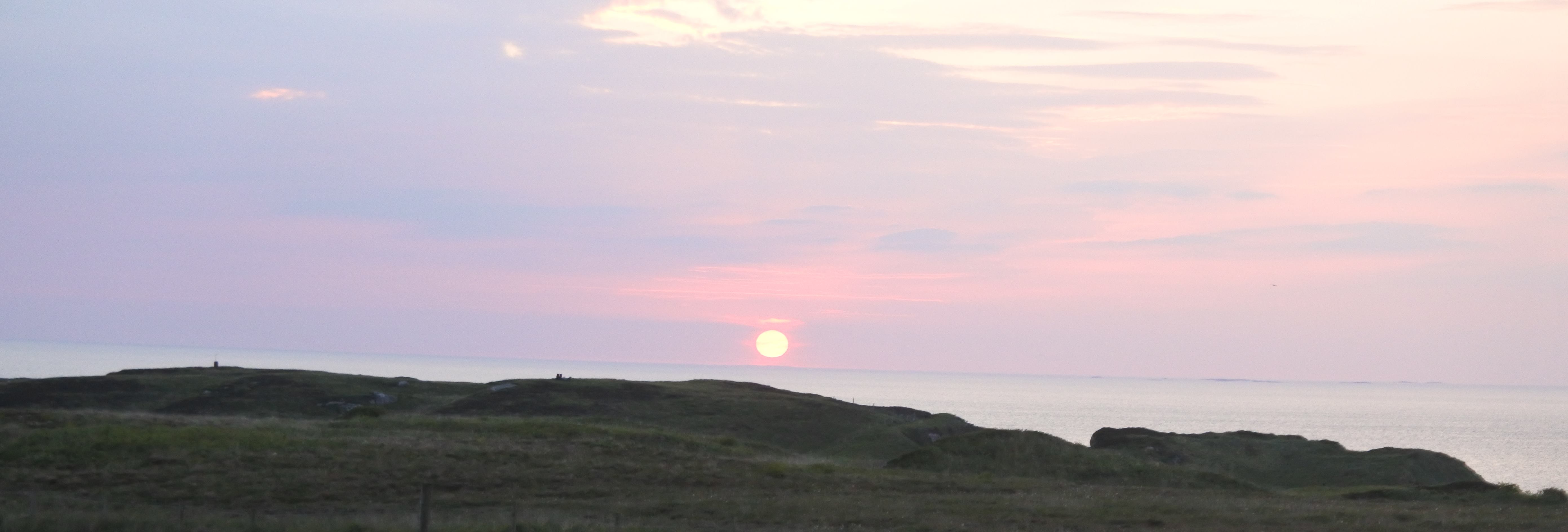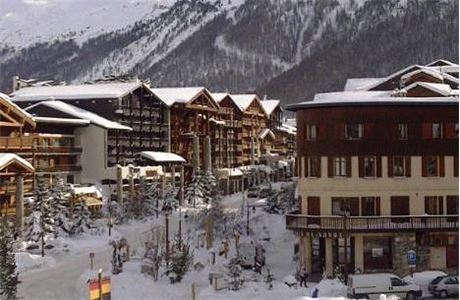
It is interesting to note that the recent publicity about the death rate at Vale of Leven is a curious echo of the outrage concerning the high death rate at Scutari during the Crimean war. Famously, Florence Nightingale was sent across to introduce a very high standard of nursing care, but the death rate actually increased. Sir John McNeill was also sent across, to investigate the commissariat; he was a native and future laird of Colonsay, a qualified medical man and acclaimed diplomat, and experienced in investigating and alleviating poverty and famine in Scotland. Sir John revealed hopeless inadequacies in the distribution of food, clothing, fuel and basic necessities amongst the troops, and this seemed to provide the explanation: patients were too malnourished and weak to be capable of saving before they even reached the hospitals.
However, one Colonel Tulloch had also been sent to investigate, and he was less easily convinced of the simple “cause and effect” solution; he carefully collected facts and figures and suggested that there was an element of doubt, although he could not quite identify it. It took the unsung William Parr, a committed statistician, to reveal the truth – no less than 16,000 men had died, not from malnutrition and despite excellent nursing care, but from the basic lack of what we now call “sanitation”.
There was no word for it in English before this time, since “sanidad” really means just “health”, and “hygiene” just refers to the goddess of health. The medical profession had chosen to ignore the blandishments of the engineers – it transpired that the absence of proper ventilation, the absence of proper drainage, the cramped and substandard conditions in which the patients had been housed, had all contributed to the effective loss of an entire first expeditionary army. The statistics proved that anyone who had not come under the care of Florence Nightingale and her undoubtedly excellent nurses was much more likely to survive, despite inadequate food, shelter or clothing. When Miss Nightingale came to see the enormity of the situation, she became passionate in the novel cause of “sanitation” – once, in reference to 442 patients treated at a different field hospital of whom twelve had died, she made the simple but precise calculation “If these men had been sent to Scutari, there would have died not twelve but 189”.
Fortunately, a Sanitary Commission had been established after the first terrible year in Scutari, and Florence Nightingale subsequently realised, in the light of the statistics, that it was due to its efforts rather than to Sir John McNeill’s improved commissariat that men were saved. “Sutherland’s Sanitary Commission smashed 400 panes of glass with their own hands on their second day at Scutari to improve ventilation.” It does seem a shame that we are unable to learn the lessons of history, but readers may care to see “Florence Nightingale” by Hugh Small (9780957279711) and for background “Memoir of Sir John McNeill G.C.B.” by F. MacAllister McNeill (available in facsimile). As for Vale of Leven, we really do not need an “Inquiry” to know that the finest medical and nursing care can be trumped by inadequate basic administrative standards.
You May Also Like...
Recent Posts

The Front Page – July 2018
Though the not-quite-a-drought time eventually ended, summer did not part, as it might have done,...

The Front Page – June 2018
The warm dry spell that spread across the whole country in late spring and extended...

The Front Page – May 2018
Spring came late this year, but by May calving and lambing were well underway on...


